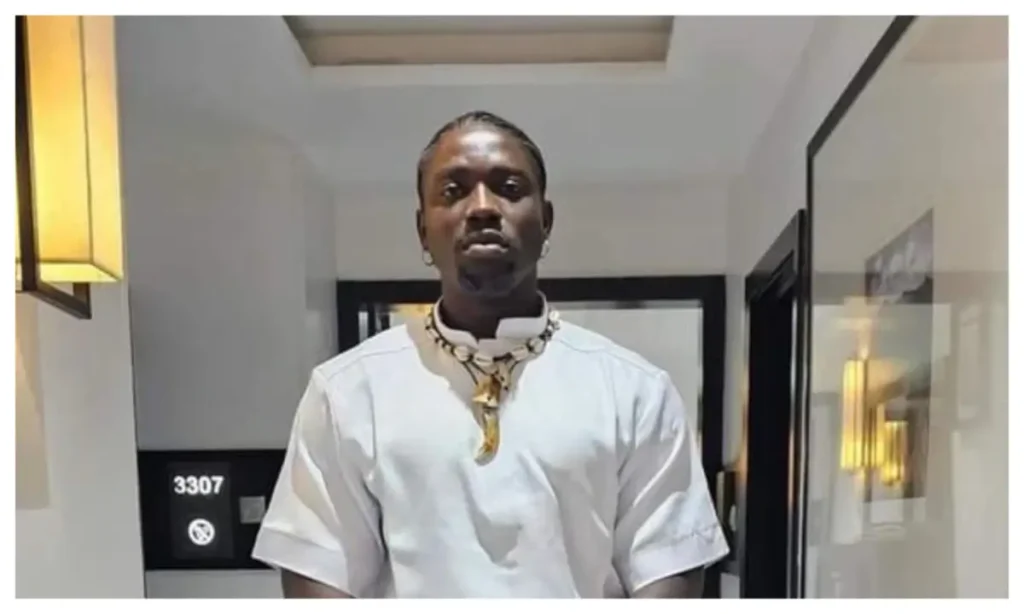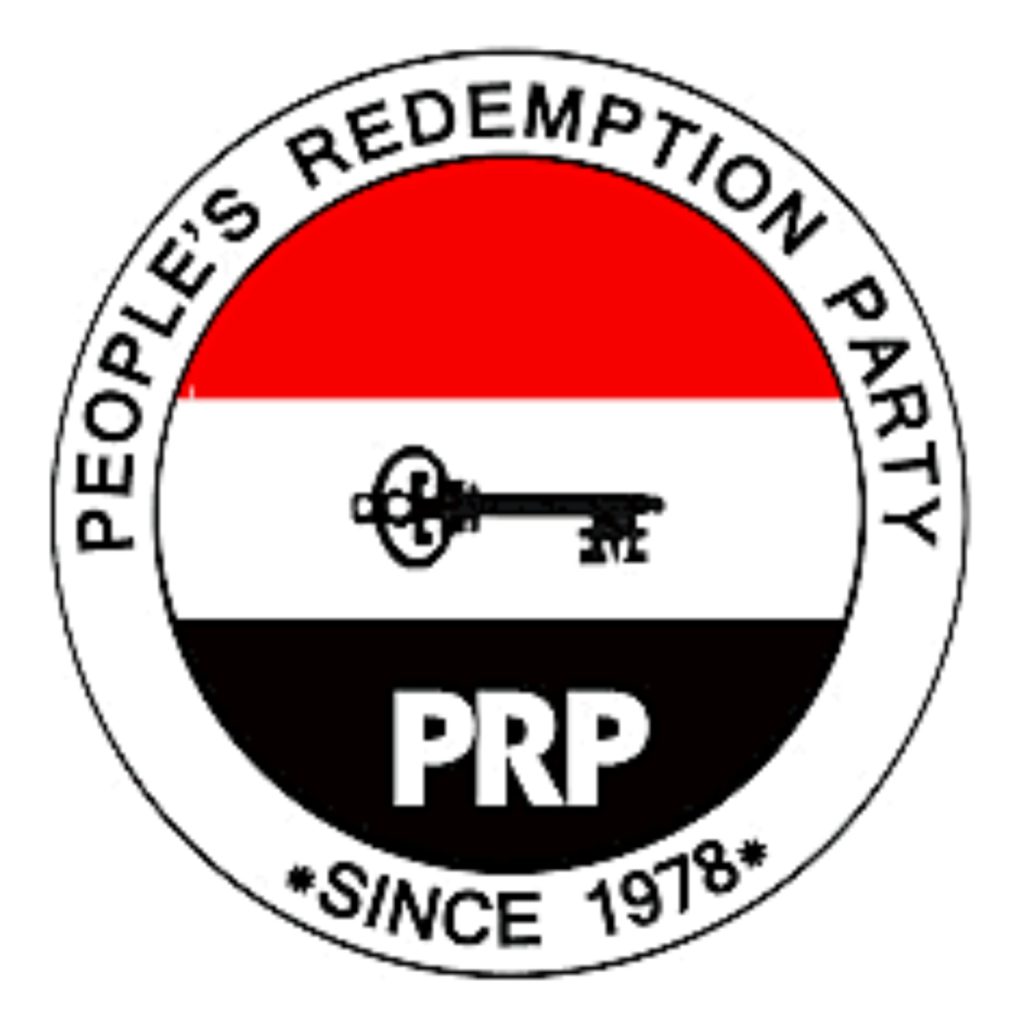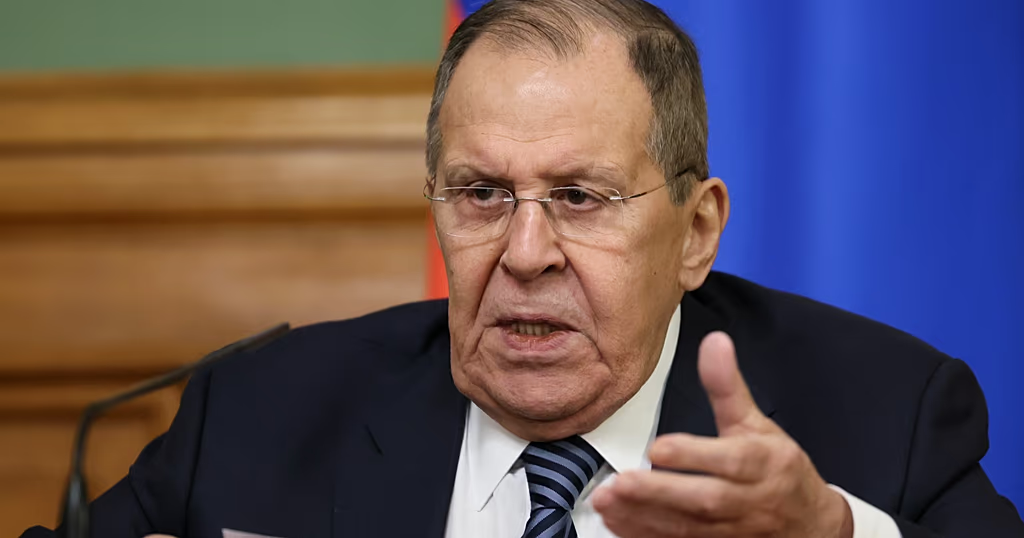Former Nigerian President Goodluck Jonathan has made a significant allegation against former US President Barack Obama, claiming that Obama interfered in Nigeria’s 2015 presidential election. In his newly released book, “My Transition Hours,” Jonathan asserts that Obama displayed bias during the election period, describing his actions as “overbearing” and “condescending.”
According to Jonathan, Obama released a video message on March 23, 2015, directly addressing Nigerians and urging them to “open the next chapter” by voting in the general election. Jonathan interprets this message as a subtle endorsement of the opposition, implying that Obama was encouraging voters to choose a new government. The former Nigerian president criticizes Obama’s tone, stating that it was condescending and implied that Nigerians needed guidance on how to vote.
Jonathan also expresses disappointment with the US government’s stance on the election, particularly with regards to the Boko Haram insurgency. He claims that the US was reluctant to support Nigeria’s efforts to drive the militants out of occupied territories, which would have allowed for safer voting conditions. Additionally, Jonathan criticizes former US Secretary of State John Kerry for being nonchalant towards his government’s concerns, despite efforts to explain the reasons behind the election’s postponement.
The 2015 presidential election marked a significant turning point in Nigerian history, as Jonathan became the first incumbent president to lose a re-election bid. He had assumed office in 2010 following the death of President Umaru Yar’Adua and won a full term in 2011. The election’s outcome led to the inauguration of President Muhammadu Buhari, who has been in office since 2015.
Jonathan’s allegations against Obama and the US government have sparked interest in the international community, highlighting the complexities of international relations and election interference. The book, “My Transition Hours,” provides a unique perspective on the events surrounding the 2015 election and is expected to generate further discussion on the topic. With the book’s release, Jonathan’s account of the election period is now public, offering insights into the experiences of a former head of state and the challenges of navigating international diplomacy during a critical period in Nigerian history.



